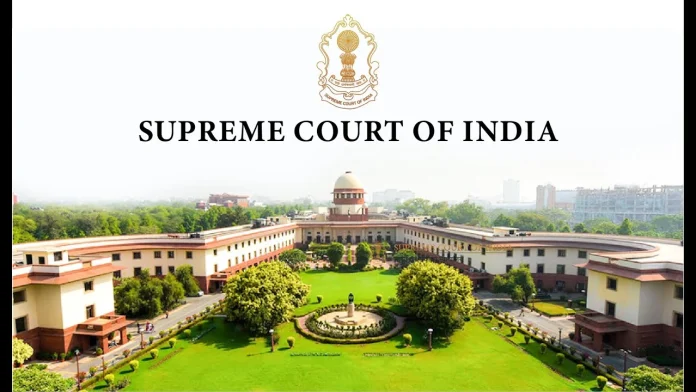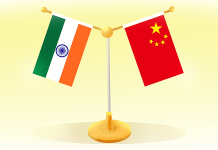In a significant legal development, the Supreme Court of India has stayed the Lokpal’s order asserting jurisdiction over sitting High Court judges. The apex court found the matter constitutionally questionable and expressed strong concerns over the potential overreach of the anti-corruption watchdog.
Background of the Case
The issue stems from an order by the Lokpal of India, claiming authority to investigate complaints against sitting High Court judges. The move raised serious constitutional concerns, prompting a suo motu intervention by the Supreme Court.
The matter is of great legal significance, as it touches upon the fundamental structure of judicial independence and separation of powers. The Indian judiciary enjoys a distinct constitutional status, and the authority to investigate sitting judges primarily rests with the Chief Justice of India (CJI) and the Supreme Court Collegium.
Supreme Court’s Concerns Over Lokpal’s Authority
During the hearing, the Supreme Court bench, led by Chief Justice of India D.Y. Chandrachud termed the Lokpal’s stance as “very disturbing.” The court observed that:
- Lokpal does not have the constitutional mandate to exercise authority over High Court judges.
- Judicial independence is paramount, and any interference by an external body could set a dangerous precedent.
- The Indian Constitution already provides mechanisms for addressing allegations against sitting judges, and any deviation would require legislative amendments.
Legal Precedents and Constitutional Provisions
The Supreme Court referenced several legal precedents to underscore the constitutional framework governing judicial accountability.
- Article 124(4) and Article 217(1)(b) of the Indian Constitution lay down procedures for removing High Court judges, involving impeachment by Parliament.
- The Judges (Inquiry) Act, 1968, provides for an investigative process led by a judicial panel.
- The Second Judges’ Case (1993) and subsequent rulings emphasized that judicial discipline should remain within the judiciary.
The Supreme Court reiterated that any probe into misconduct by sitting judges must follow the due process established within the constitutional framework.
Immediate Implications of the Stay Order
The stay on Lokpal’s order carries significant ramifications:
- It reinforces judicial independence, ensuring that external agencies cannot arbitrarily claim authority over judges.
- It sets a legal precedent, preventing future attempts by the Lokpal or similar bodies to interfere with the judiciary’s internal functioning.
- It preserves the constitutional mechanism for handling allegations against High Court judges, ensuring due process is followed.
Reactions from Legal Experts and Government Authorities
The ruling has triggered widespread reactions from legal experts, government officials, and constitutional scholars.
- Senior Advocate Harish Salve termed the ruling a “crucial safeguard for judicial autonomy.”
- Former Attorney General Mukul Rohatgi highlighted that allowing Lokpal jurisdiction over sitting judges could erode faith in the judiciary.
- Opposition leaders and legal reform activists have urged a parliamentary review of existing laws to avoid future conflicts between the judiciary and anti-corruption bodies.
Future Course of Action
With the Supreme Court’s stay in place, the matter is likely to be referred to a larger constitutional bench for a detailed review. The ruling may prompt the government to clarify the Lokpal’s scope and jurisdiction through legislative amendments. Key considerations moving forward include:
- Whether the Lokpal Act, 2013, requires amendments to explicitly exclude judicial officers.
- Whether a special judicial oversight body should be constituted to handle complaints against sitting judges.
- Ensuring that the balance between judicial accountability and independence is maintained.
The Supreme Court’s decision to stay Lokpal’s jurisdiction over High Court judges marks a critical moment in Indian constitutional law. By reaffirming judicial independence and due process, the ruling safeguards the integrity of the judiciary while reinforcing the need for legislative clarity on anti-corruption oversight. The case now awaits a detailed constitutional review, which will shape future interactions between the judiciary and oversight bodies like Lokpal.
By – Nikita
Also Read – DRDO Internship 2025: A Gateway to Pioneering Defense Research




